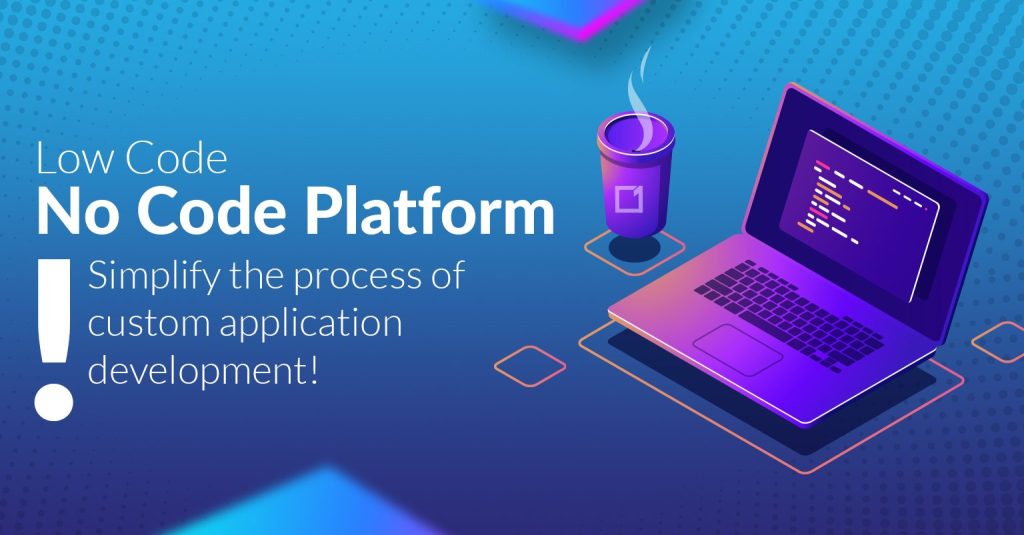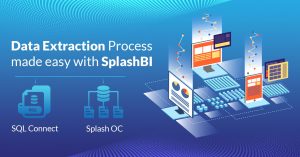Computer software used to be more difficult to use, but as technology has evolved, new software like Low Code No Code platforms have been created. These platforms make computer programming easier for everyone and allow for a greater range of applications. Some of the benefits are being able to try coding before investing time and money into paying for expensive development resources or classes. This type of program is great for those who are interested in taking coding on themselves, but don’t have the knowledge or experience yet.

The Low Code Platform:
A low code no code platform is a software that is designed to assist those who have little or no background in computer programming. It’s an online, cloud-based object-oriented development platform that makes it possible to build applications quickly and easily. It is well versed to even adapt a custom application development.
The main characteristic of a low code platform is that it uses an object-oriented programming and scripting language. Check out below a few use cases for the low code app development.
Business Process Automation: Low-code platforms can be used to automate complex business processes that involve multiple steps and systems. With low-code platforms, non-technical users can create workflows and automation processes without writing code.
Rapid Application Development: Low-code platforms can be used to develop applications quickly and efficiently, without the need for extensive coding. This can be particularly useful for businesses that need to launch applications rapidly to stay ahead of the competition.
Citizen Development: Low-code platforms enable non-technical users to develop applications and workflows that meet their specific needs without relying on IT departments. This can help to democratize the development process and foster innovation within organizations.
Mobile App Development: Low-code platforms can be used to develop mobile applications quickly and easily. This can be particularly useful for businesses that want to create mobile applications to engage with their customers or to enhance their internal operations.
Legacy System Integration: Low-code platforms can be used to integrate legacy systems with modern applications, enabling businesses to leverage their existing investments in technology.
Overall, low-code platforms offer a flexible and efficient way to develop applications and automate processes, making them a valuable tool for businesses across different industries and domains.
Latest Features and Advancements of Low Code
Low-code applications are constantly evolving and improving, with new features and capabilities being added all the time. Here are some of the latest developments in low-code applications:
AI and Machine Learning Integration: Low-code platforms are increasingly incorporating AI and machine learning capabilities, allowing for more intelligent and automated application development.
Customizable User Interfaces: Low-code platforms are offering more customizable user interfaces, allowing users to create applications that match their brand and meet their specific needs.
Integration with DevOps: Low-code platforms are being integrated with DevOps tools and practices, allowing for more agile and streamlined application development.
Security Features: Low-code platforms are incorporating more security features to protect against data breaches and cyberattacks, including advanced authentication and access control mechanisms.
Low-Code/No-Code Integration: Some low-code platforms are adding no-code capabilities, enabling even more users to participate in the application development process without the need for coding skills.
Integration with Cloud Services: Low-code platforms are increasingly integrating with cloud services, allowing for greater scalability and flexibility in application development.
Overall, these new features and capabilities in low-code applications are aimed at making application development faster, easier, and more efficient, while also enhancing the security and flexibility of the resulting applications.
One of the top low-code, no-code platforms that businesses prefer for customized applications without intricate coding is Mendix. Mendix’s low-code platform enables business users and expert developers of all skill levels to create anything from process automation applications to core systems in a low-code setting, allowing organizations to maintain flexibility, dismantle organizational silos, and boost productivity in general.
Contributed by : Minosh Salam, Director-SquareOne Technologies

















